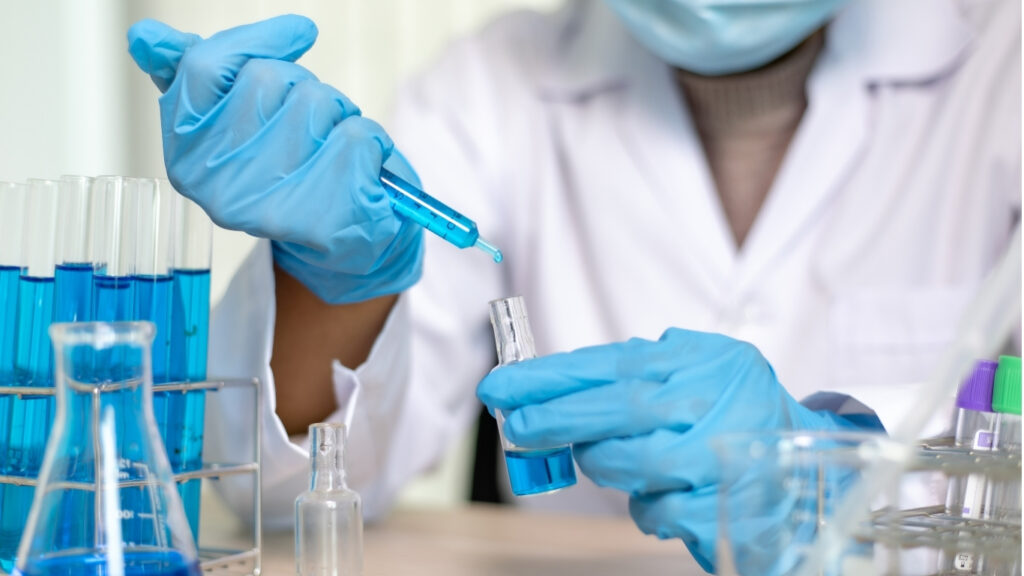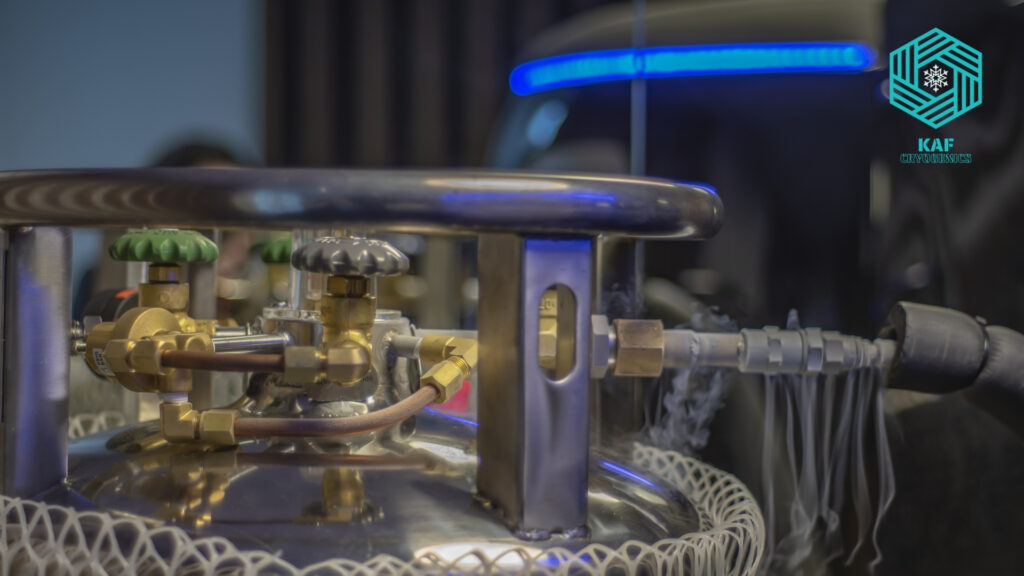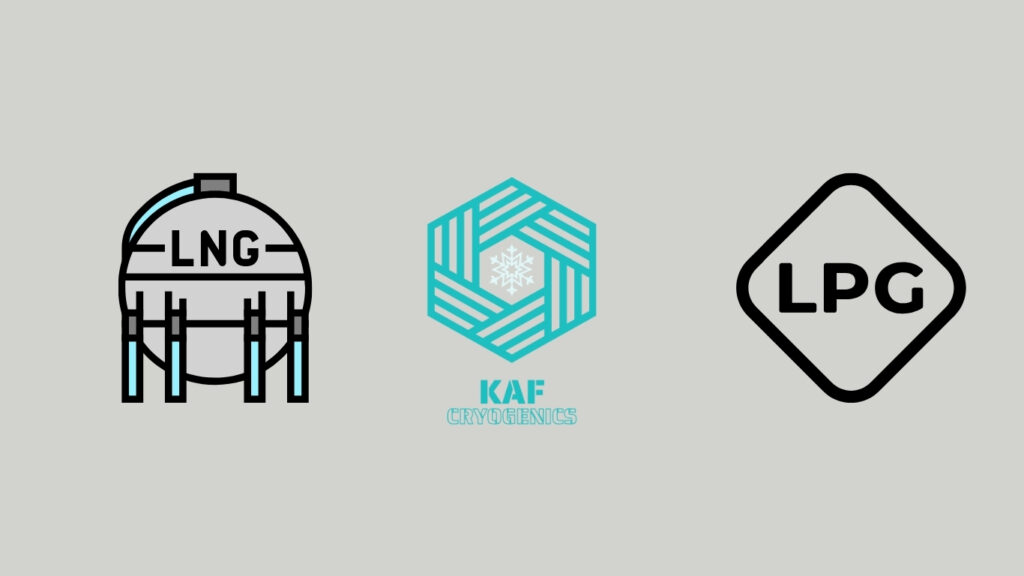Cryogenic Applications in the Pharmaceutical Industry
Pioneering Precision: The Role of Cryogenics in Pharma
As the pharmaceutical industry evolves to meet growing global demands for high-quality, safe, and effective medicines, the integration of advanced technologies becomes critical. Among these, cryogenic applications have emerged as essential tools across various stages of pharmaceutical development and production. From preserving sensitive biological materials to enhancing drug manufacturing and transportation, cryogenics enables superior precision, control, and reliability.
This comprehensive guide explores how cryogenic technologies support pharmaceutical innovation, increase operational efficiency, and meet stringent regulatory standards.
Understanding Cryogenics in the Pharmaceutical Context
What Is Cryogenics?
Cryogenics refers to the science and technology of producing and applying extremely low temperatures—typically below -150°C. In pharmaceutical applications, these ultra-cold conditions are harnessed to:
- Preserve the integrity of biological samples
- Improve drug formulation and stability
- Enable safe transport and storage of temperature-sensitive products
Common Cryogens Used:
- Liquid Nitrogen (LN2): Boiling point -196°C, used for freezing and storage
- Liquid Carbon Dioxide (LCO2): Used in freeze-drying and cold chain logistics
- Liquid Argon and Helium: Less common but used in specialized applications
Cryogenic Applications Across the Pharma Supply Chain
1. Cryopreservation of Biologics and Cell-Based Therapies
Cryopreservation is essential for maintaining the viability of biological samples over extended periods.
Key Applications:
- Stem cells and blood products
- Vaccines and monoclonal antibodies
- Tissue samples and biopsy specimens
Benefits:
- Minimizes cellular degradation
- Ensures consistency in clinical trials
- Supports regenerative medicine and personalized therapies
2. Cold Chain Logistics
Maintaining a consistent cold environment from production to end-use is critical for many pharmaceuticals.
Technologies Involved:
- LN2 dry shippers for ultra-low-temperature logistics
- Vacuum-insulated containers for minimal thermal leakage
- Real-time temperature monitoring systems
Use Cases:
- Transporting mRNA vaccines (e.g., COVID-19 vaccines)
- Global distribution of biologics
- Exporting temperature-sensitive raw materials
3. Freeze-Drying (Lyophilization)
Lyophilization improves the stability and shelf life of pharmaceutical compounds, especially injectables.
Cryogenic Role:
- Pre-freezing phase uses LN2 or mechanical freezers
- Sublimation under vacuum preserves compound integrity
Advantages:
- Extended shelf life without refrigeration
- Easier transportation and storage
- Maintains potency and efficacy
4. Cryogenic Milling for API Formulation
Cryogenic milling is used to grind Active Pharmaceutical Ingredients (APIs) under low-temperature conditions to improve solubility and bioavailability.
Benefits:
- Prevents degradation of heat-sensitive compounds
- Produces uniform particle sizes
- Increases drug absorption in the body
5. Clinical Trial Material Handling
Applications:
- Sample archiving in biorepositories
- Controlled thawing for trial readiness
- Cryo-labeling systems to ensure tracking and traceability
Technologies:
- Barcode-integrated LN2 freezers
- Automated sample handling robots
- Secure cloud-based inventory systems

Cryogenic Equipment and System Considerations
Key Equipment:
- Cryogenic freezers and dewars
- Temperature-controlled shipping boxes
- Automated sample storage systems
- Pressure relief valves and vacuum-jacketed piping
Design and Safety Standards:
- GMP-compliant equipment design
- Redundant temperature monitoring and alarm systems
- Hazardous material training for handling cryogens
Regulatory and Compliance Factors
The pharmaceutical industry is tightly regulated, and cryogenic applications must comply with various international standards:
- FDA 21 CFR Part 11 (electronic records & signatures)
- EU Good Manufacturing Practices (GMP)
- ISO 20387:2018 for biobanking
Validation Processes:
- Equipment qualification (IQ, OQ, PQ)
- Calibration of temperature sensors
- Audit trails for temperature excursions
Sustainability and Environmental Considerations
While cryogenics provide unmatched capabilities, sustainability is a growing concern.
Energy-Efficient Solutions:
- LN2 re-condensers to reduce waste
- Smart defrost cycles for freezers
- Renewable-powered cryogenic plants
Waste Management:
- Proper venting of gases
- Safe disposal of biological waste
- Recycling of shipping containers
Future Innovations and Trends
Smart Cryogenic Monitoring:
- IoT-based condition monitoring
- Predictive maintenance with AI
- Blockchain for secure logistics records
Miniaturization and Portability:
- Portable LN2 dewars for remote clinical sites
- Compact cryogenic freezers for mobile labs
Integration with Advanced Therapies:
- Gene and cell therapy demand ultra-low storage
- Personalized medicine requires rapid, precise sample handling
Partnering with KAF Cryogenics
At KAF Cryogenics, we understand the critical role that cryogenic technologies play in the pharmaceutical industry. Our product offerings include:
- Custom cryogenic storage systems designed to meet GMP standards
- Ultra-reliable LN2 freezers with advanced temperature control
- Turnkey cold chain logistics solutions for pharma-grade delivery
Let us support your pharmaceutical innovations with engineered cryogenic solutions that deliver safety, precision, and compliance. Contact us today to learn more.
Preserving the Future of Medicine
Cryogenic technologies are revolutionizing how pharmaceuticals are developed, stored, and delivered across the globe. With increasing demand for biologics, personalized medicine, and global health equity, cryogenics will remain a pillar of innovation and assurance. By investing in the right cryogenic systems and partners, pharmaceutical companies can ensure safe, compliant, and forward-looking operations.
Explore the power of ultra-cold technology with KAF Cryogenics — because when it comes to life-saving medicine, every degree matters.



